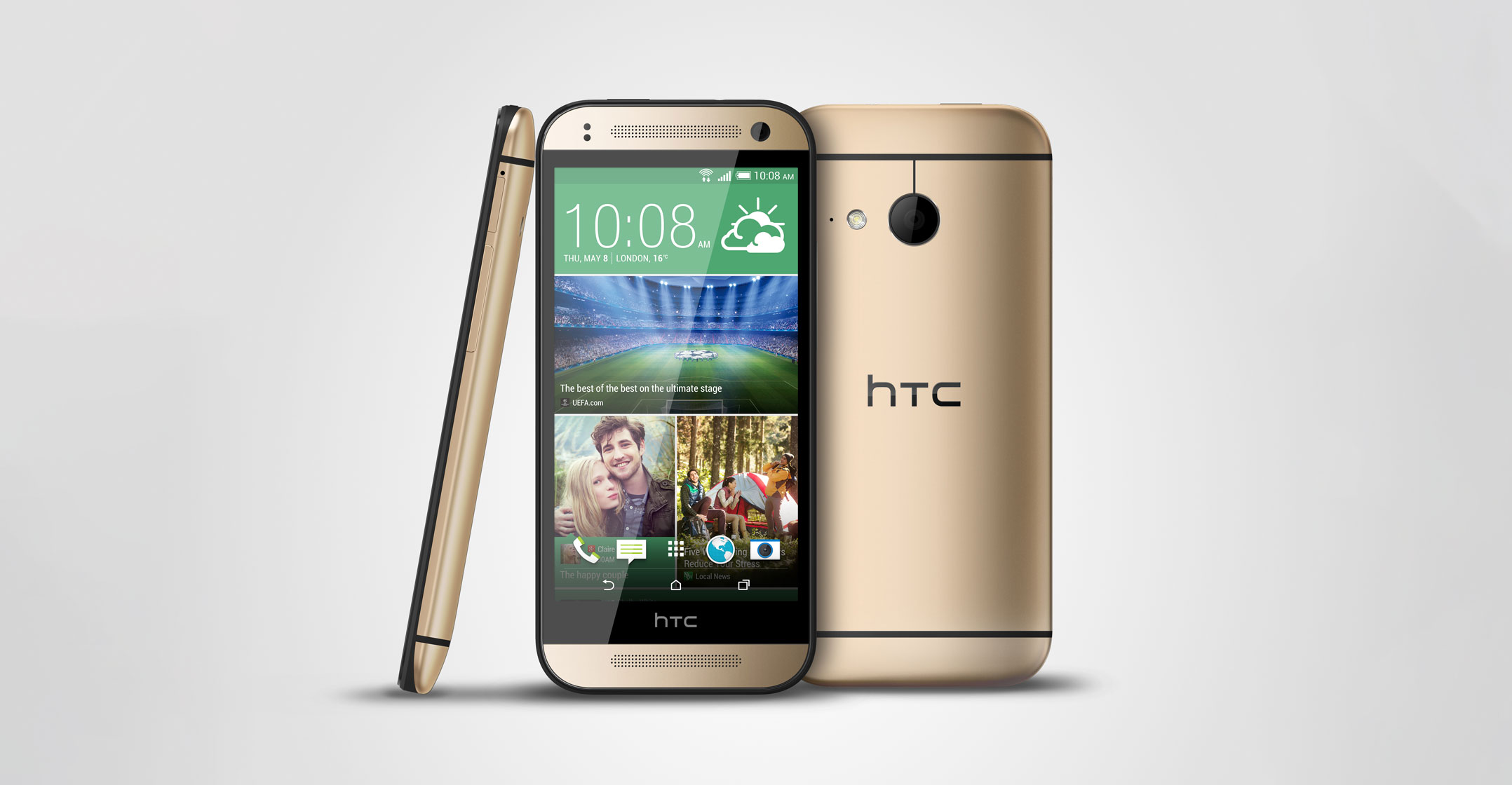
Last week, HTC published its February sales numbers and, when combined with January data, revenue dropped 36% from a year earlier. That decline is offset by the fact that the Taiwanese smartphone maker just offloaded 2 000 staff to Google for US$1.1bn in cash. I suspect HTC will eventually exit the business entirely to focus on VR.
This reminds me of the first and last time I bought an HTC smartphone.
It was early 2014 and I’d recently cracked the screen on my iPhone when I sat down for an interview with HTC’s chairwoman, Cher Wang. She saw my iPhone and promptly asked why I didn’t get an HTC. I was blunt: the free screen replacement programme they’d recently introduced in the US wasn’t available in Taiwan, and I felt that was unfair.
After the interview, one of Wang’s colleagues told me that the new devices were so sturdy that they don’t break anyway. “Prove it,” I said, “and I will buy one.” After dropping her M8 unscathed, twice, I found myself having to live up to my end of the bargain.
I was already interested in trying out an HTC, and this was the catalyst I needed. Within a week I had purchased what was at the time the most beautiful, sturdy and reliable smartphone on the market. I particularly loved the infrared transmitter on the top that let me work my TV, stereo and set-top box with ease. It was also relatively clean of pre-loaded bloatware.
HTC had me hooked.
Then they screwed up.
Months later, the Android OS was automatically updated, a lot of rubbish software was downloaded and my beloved native IR remote control app had been replaced by a third-party version. It was horrible, and worse yet, I couldn’t delete all that crapware (which software makers usually pay to have loaded onto the phone). I was livid. I paid a premium for this top-end phone, and HTC had put its needs ahead of mine.
Before long I was back to iPhone.
Consumer tolerance
Screwing up a product needn’t sound the death knell for a company. Apple constantly makes mistakes, and Samsung’s been forgiven for producing pocket-sized flame throwers. But consumers don’t have much tolerance for those companies who are either out of touch with their changing preferences, or disregard them entirely. HTC constantly raves about getting “best in show” awards for its latest flagship, but Oscar wins don’t lead to box-office success. HTC produced wonderful devices, they still do, but sometimes I wonder if they’re producing them for themselves instead of for customers.
I have been about the fall of HTC. I was recently asked by a friend who works there why I hate the company so much. I don’t, I am merely disappointed with how out of touch and insular it has become, as seen in the 87% drop in annual sales since 2011. I expect to see such a pattern being repeated in its Vive VR strategy.
And there’s a cautionary tale for other companies such as Xiaomi, GoPro or Nintendo: having a great product isn’t enough; you need to make and market things that consumers will actually want to buy. Otherwise you’ll be left with a full trophy cabinet, and an empty bank account. — By Tim Culpan, (c) 2018 Bloomberg LP

